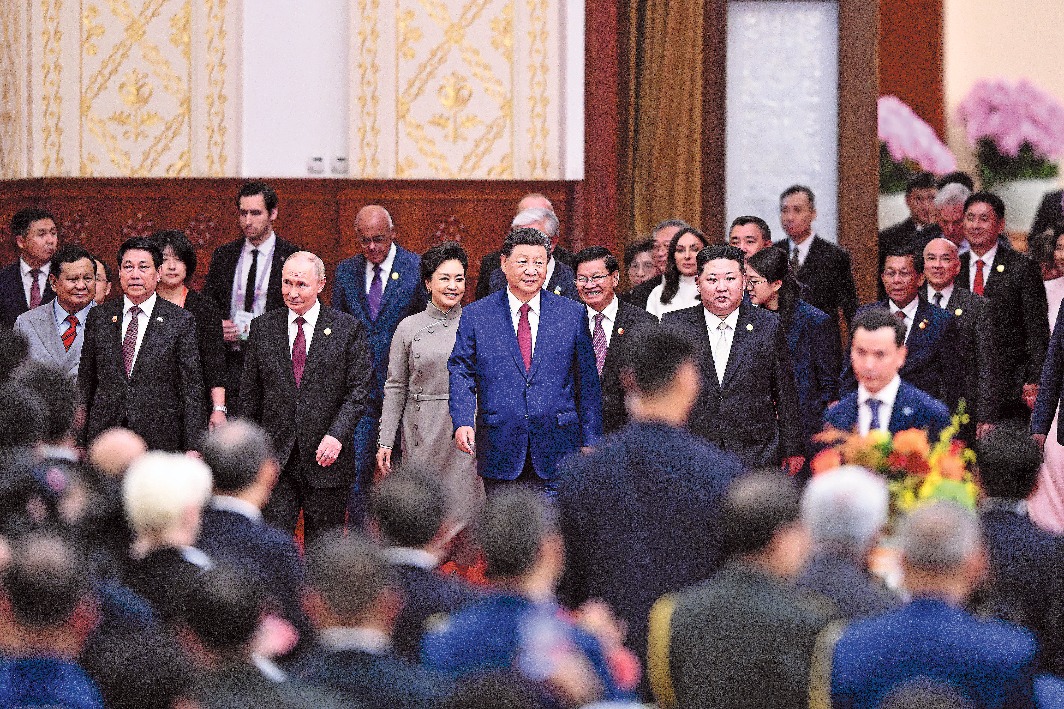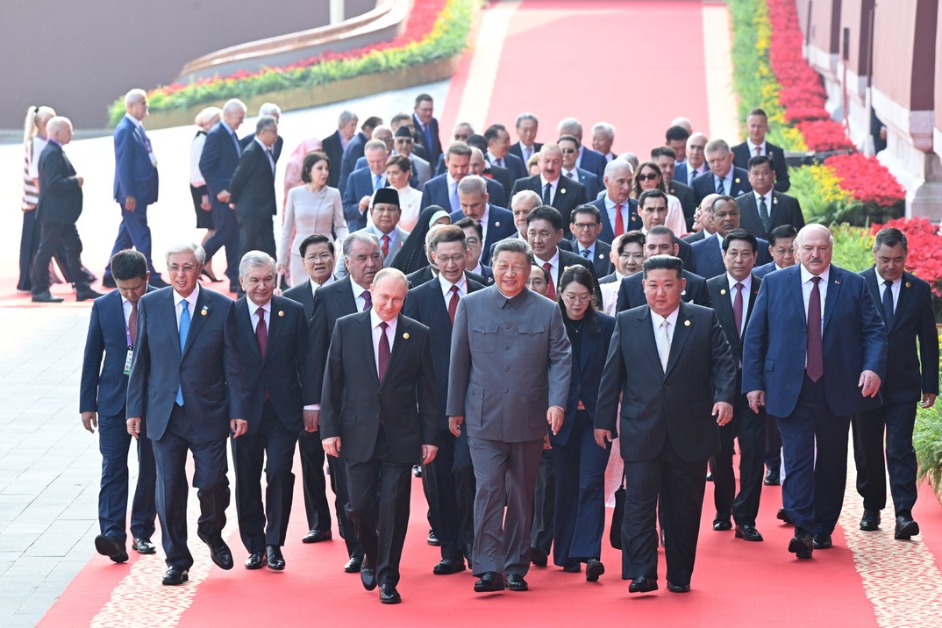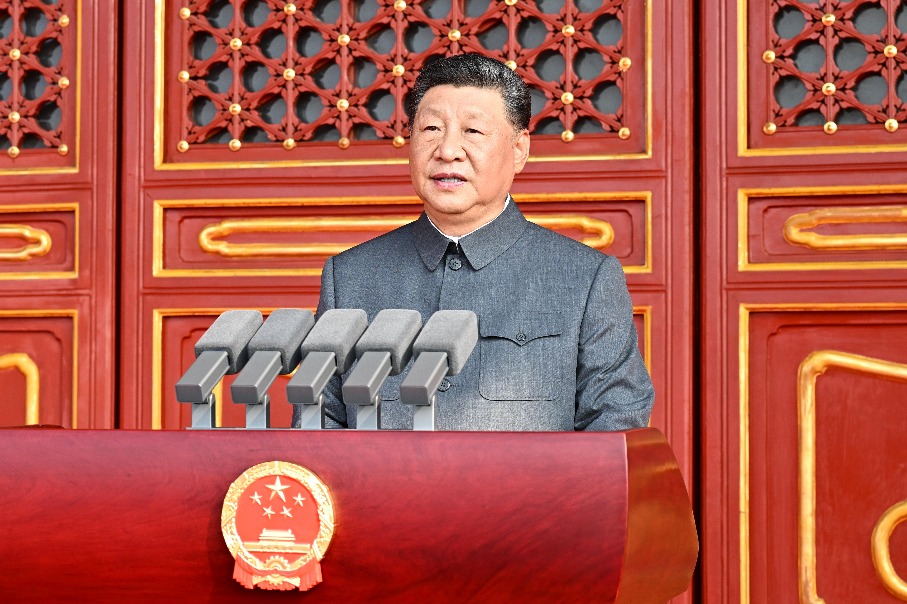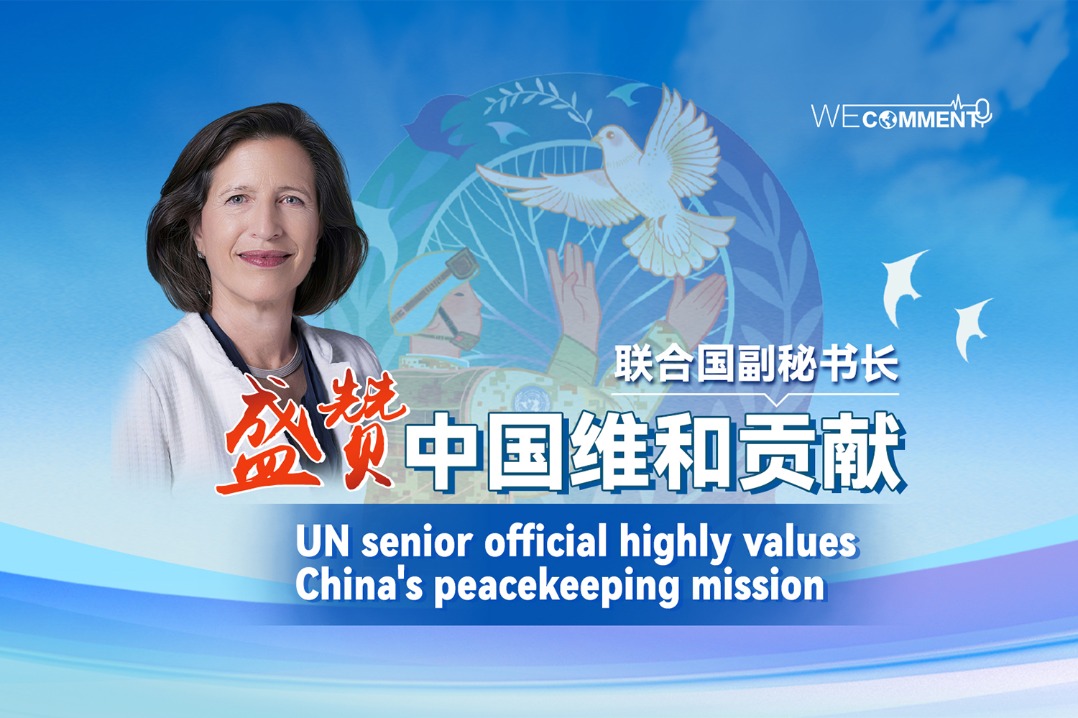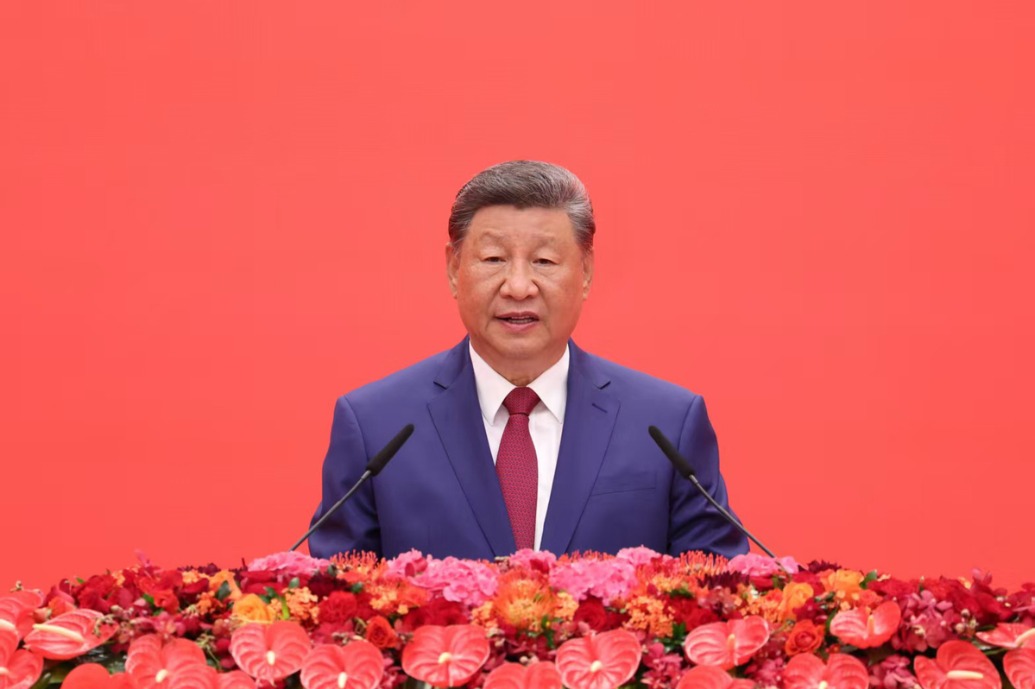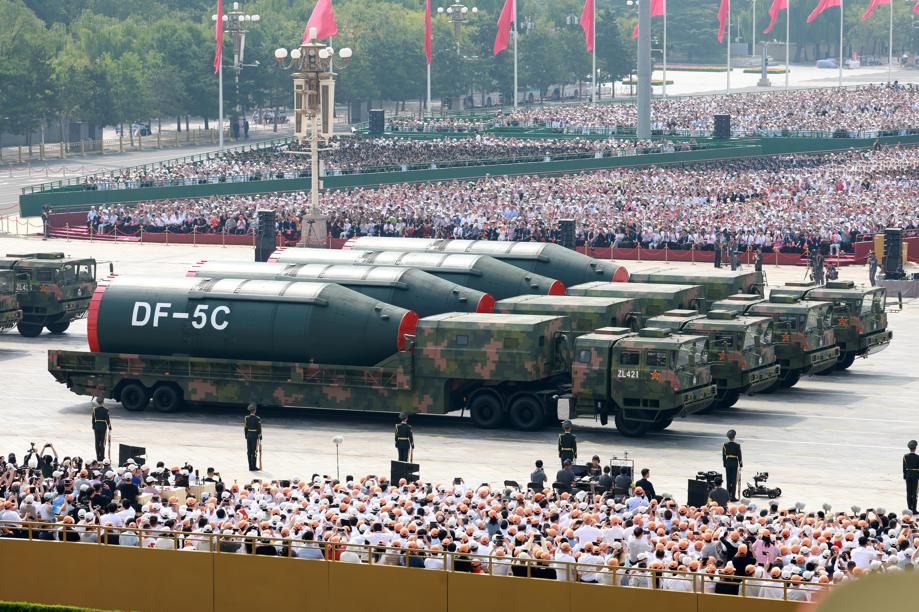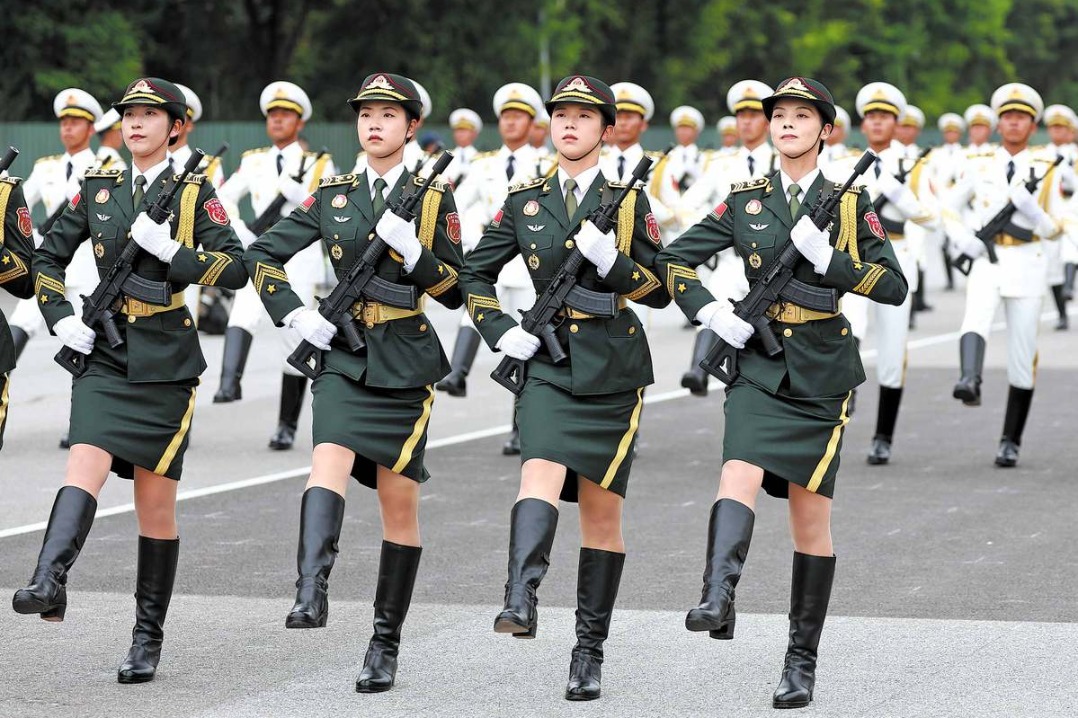Initiative aims to address global governance deficit


Editor's Note: President Xi Jinping proposed the Global Governance Initiative during the Shanghai Cooperation Organization Summit held in Tianjin on Sunday and Monday. The initiative relates to global development, cooperation, security and civilization. Below are excerpts from an analysis of the GGI published by the China Media Group. The views don't necessarily represent those of China Daily.
Eighty years ago, after reflecting deeply on the painful lessons of the two world wars, the international community decided to establish the United Nations, ushering in a new era of global governance. Eighty years later, the quest for peace, development, cooperation and win-win outcomes remains unchanged, but humanity now faces increasingly complex and diverse global challenges.
Unilateralism and hegemony have severely impacted multilateral mechanisms such as the UN, even as the global governance deficit continues to enlarge. It is fair to say that the world has entered a period of turbulence and change, and global governance is at a crossroads.
World affairs should be handled through consultation among all countries. Those with greater power cannot be allowed to dictate decisions. Unity, cooperation, openness and inclusiveness are the right path for humanity.
Global governance should be based on extensive consultation and joint contribution for shared benefits. President Xi Jinping highlighted the principles for the GGI: countries should adhere to sovereign equality, abide by international rule of law, practice multilateralism, advocate a people-centered approach and focus on taking real actions.
These principles address the primary premise, fundamental guarantee, basic approach, values and key tenets of global governance. They align with the objectives and principles of the UN Charter and the expectations of a majority of countries.
Related proposals such as enhancing the representation and voice of developing countries, refraining from imposing the "house rules" of a few countries on others, and opposing unilateralism aim to tackle the unfairness, injustice and irrationality that exist in the current international order.
The GGI addresses key questions such as "who governs", "for whom", and "how to govern". Rather than reinventing the wheel, it advocates adjustments and improvements in the existing global governance system to better meet the needs of the times.
In this special year marking the 80th anniversary of the victory in the World Anti-Fascist War and the founding of the United Nations, the GGI elevates the concept of global governance and contributes a Chinese approach to addressing global governance challenges.
China proposing the GGI at the SCO Summit holds special significance showing that the SCO can play a greater role in promoting positive global governance. The rich outcomes of the summit in various fields prove how effective governance can help such multilateral organizations function more efficiently and productively.
From advocating an open world economy to promoting political solutions to international flash points, from promoting the establishment of an international mediation chamber to advocating the establishment of an organization to foster global cooperation on artificial intelligence, China has, over the years, not only been a sayer but a doer in promoting the reform of the global governance system.
















